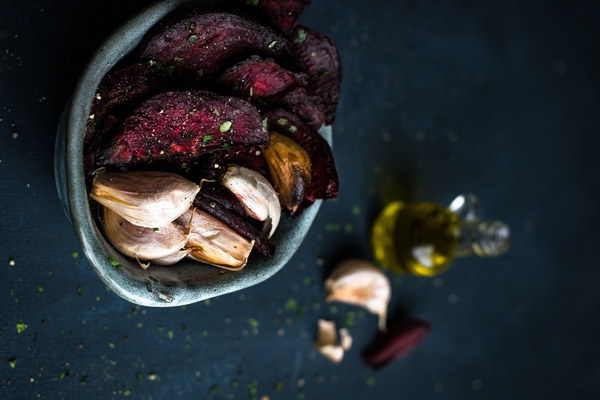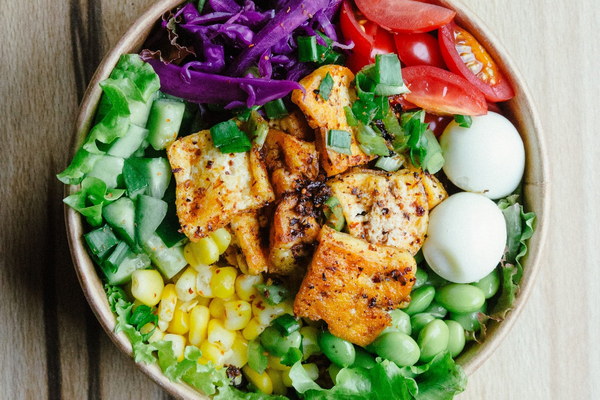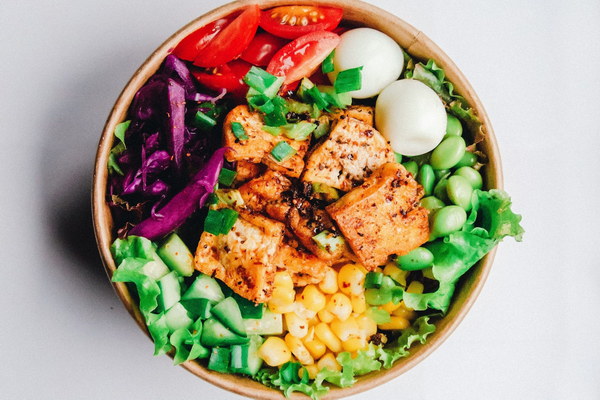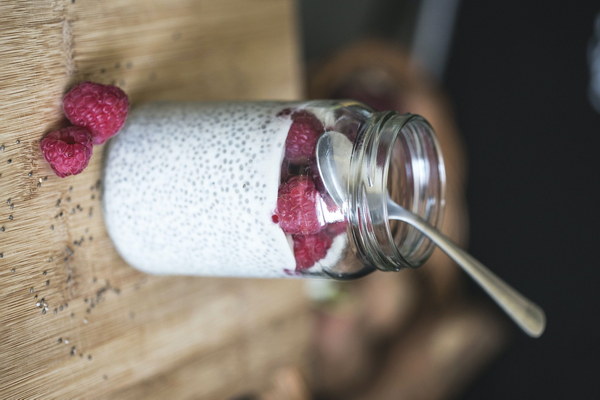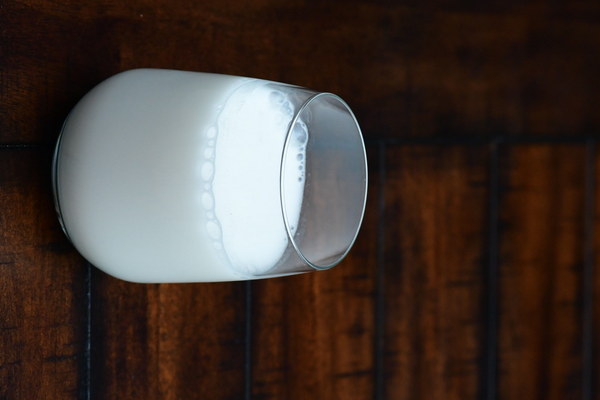Should You Limit Fruits in Your Diet to Nourish Your Spleen and Stomach
In traditional Chinese medicine (TCM), the health of the spleen and stomach is considered foundational for overall well-being. The question often arises: should individuals aiming to nourish their spleen and stomach limit their intake of fruits? This article delves into the relationship between fruits and spleen-stomach health, offering insights based on both TCM principles and modern nutritional science.
Understanding the Spleen and Stomach in TCM
In TCM, the spleen and stomach are vital organs responsible for the digestion, absorption, and transportation of nutrients. They are considered the prime ministers of the body, ensuring that the nutrients derived from food are properly utilized. A healthy spleen and stomach are essential for a robust immune system, good mood, and overall vitality.
The Role of Fruits in Spleen-Stomach Health

Fruits are naturally sweet and cooling in nature, which can be beneficial for spleen-stomach health. They are rich in vitamins, minerals, and dietary fiber, all of which are important for digestion and overall health. However, the suitability of fruits in one's diet can vary based on individual constitution, current health conditions, and the specific properties of the fruits themselves.
When to Limit Fruits
1. Cold and Raw Fruits: Fruits that are cold and raw in nature, such as watermelons, pineapples, and cold apples, can be difficult for the spleen and stomach to process, especially for individuals with a spleen-stomach weakness. Overindulgence in such fruits can lead to symptoms like bloating, gas, or diarrhea.
2. Highly Acidic Fruits: Fruits like oranges, lemons, and grapefruits are highly acidic. While they offer numerous health benefits, excessive consumption can irritate the stomach lining, potentially leading to discomfort or exacerbating conditions like acid reflux.
3. Fruits High in Sugar: Fruits with a high sugar content, such as grapes, mangoes, and bananas, can be challenging for the spleen to process, especially if consumed in large quantities. This can lead to an imbalance in blood sugar levels and contribute to spleen-stomach imbalances.
Benefits of Including Fruits in a Spleen-Stomach Nourishing Diet
1. Digestive Enzymes: Many fruits contain digestive enzymes that can aid in the breakdown of food, making it easier for the spleen and stomach to process nutrients.
2. Vitamins and Minerals: Fruits are a rich source of essential vitamins and minerals, such as vitamin C, potassium, and magnesium, which support spleen and stomach function.
3. Fiber: The fiber in fruits helps to promote regular bowel movements, which is important for maintaining a healthy digestive system.
Practical Tips for Incorporating Fruits into a Spleen-Stomach Nourishing Diet
- Choose fruits that are cooked or ripe, as they are less likely to be cold and raw in nature.
- Consume fruits in moderation, especially if you have a sensitive spleen or stomach.
- Pair fruits with other spleen-stomach-nourishing foods, such as grains, lean proteins, and vegetables.
- Avoid consuming fruits immediately after meals, as this can interfere with digestion.
In conclusion, while fruits can be a valuable part of a spleen-stomach nourishing diet, it is important to consider the specific properties of the fruits and your individual health condition. Limiting certain fruits, particularly those that are cold, raw, highly acidic, or high in sugar, may be beneficial for individuals with a spleen-stomach weakness. However, incorporating a variety of fruits in moderation can contribute to overall health and well-being. As always, consulting with a healthcare provider or a TCM practitioner can provide personalized guidance tailored to your specific needs.
